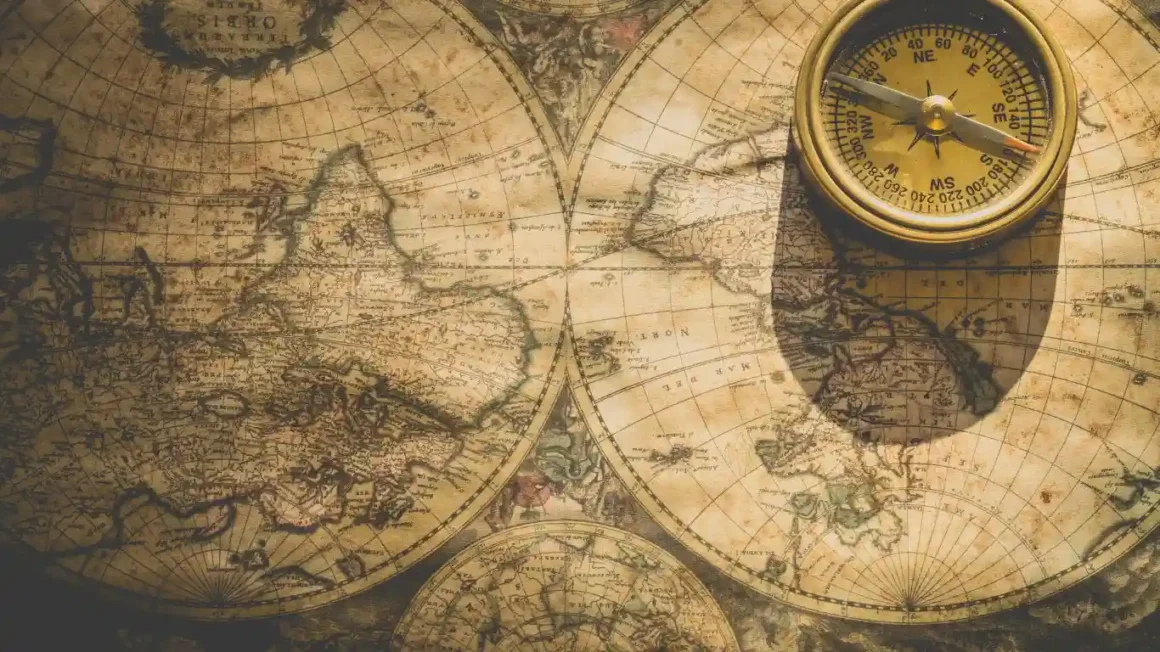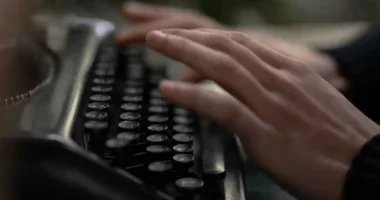This is the fundamental principle, and all others are secondary to it. It’s just a remark about logic; it has nothing to do with physics. True paradoxes, which need decidable statements to be both true and untrue, don’t happen in the real world. Anything that appears to be a paradox if it were to occur either proves that it won’t or that our knowledge of the rules of nature is insufficient. Whatever natural principles the creator of imaginary worlds chooses to follow, they must not permit true paradoxes. There are 10 basic rules of time travel which are as follows:
10 Basic Rules of Time Travel
Traveling into the future is easy
We constantly advance one second into the future at a constant rate. If you use low-tech methods like freezing oneself or the rules of special relativity to travel at speeds close to the speed of light, you can even get there faster than usual by reducing the amount of time you experience passing relative to the rest of the world. Remember that we are discussing physics-based possibilities here, not reasonable or technologically achievable possibilities.
Traveling into the past is hard — but maybe not impossible
Traveling backward in time would not be feasible if Isaac Newton’s theory of absolute space and time had been an accurate representation of nature. However, things are more adaptable in Einstein’s curved spacetime cosmos. You always move forward in time from your own unique, subjective perspective; technically, you travel along a spacetime time-like curve. However, the large-scale curvature of spacetime brought on by gravity may theoretically lead to closed timelike curves, which would cause anyone traveling along such a path to cross oneself in the past.
That is how legitimate, Einstein-approved time travel actually works. Although theories involving wormholes, cosmic strings, and spinning worlds have been floated, no one is certain how to distort spacetime sufficiently to really generate closed timelike curves. Moreover, nobody is certain whether it is even possible to do so.

Traveling through time is like traveling through space
Similar to traveling through space, traveling through time involves moving along a predetermined path that the universe has presumably set up to help you arrive at a previous point in time. A time machine, however, would resemble a rocket ship rather than a booth with spinning wheels that dematerializes in the present and rematerializes in the future. If your closed timelike curve began right here on Earth and never deviated from the path, it might even be a DeLorean.
Imagine a race of highly intelligent trees that were able to communicate with one another through abstract ideas but were unable to walk. They might have space travel fancies, in which case “space travel” would resemble teleportation and the daring tree would vanish in a cloud of smoke before reappearing elsewhere in the forest. But we are aware that actual space travel is a continual process, moving from one place to another. That is how time travel would work.
Things that travel together, age together
Clocks and other objects will all experience time exactly the same as you do if you travel through time and bring them with you. In particular, from your own vantage point, you and the clocks march steadfastly forward in time. You do not experience “aging” backward, observe clocks turning erratically, or wind up wearing the fashions you preferred in high school. Your body and brain include internal clocks that control how much time you personally perceive. These clocks beat regularly in time with chemical and biological activities. Whatever is traveling with you on your journey is likewise experiencing the same flow of time that is being experienced by those processes and, consequently, by your conscious perception.
Black holes are not time machines
Sadly, a black hole wouldn’t spit you out at a later period if you fell into one. It wouldn’t even spit you out; instead, it would eat you whole and gain a little bit of weight in the process. You might not even be aware that you have passed the event horizon, which serves as the point of no return if the black hole is sufficiently large. However, as you drew nearer to the hole’s center, tidal forces began to pull at you, initially softly but soon ripping you apart. Spaghettification is the official term. It is not a good plan for prospective time travellers.
A more promising option is wormholes, which are spacetime tunnels that can theoretically connect events that are far apart. Elevators are too deep wells loaded with poisonous spikes and snakes what wormholes are to black holes. Wormholes provide a dilemma since, unlike black holes, we don’t sure if they exist, if they can exist, how to create them, or how to keep them intact once they have been created. Wormholes desire to close and vanish, thus something negative must be used to keep them open. Negative energies are impossible to create, despite occasional attempts to claim otherwise by labelling the idea as “exotic matter.”

If something happened, it happened
People seek to travel back in time and alter the past via time travel devices. The past is already past and cannot be changed. You might be wondering what’s stopping you from using your time machine to travel back in time, locate your high school self, and persuade them that they shouldn’t actually attend the senior prom, after all, thereby sparing yourself all kinds of embarrassment. However, if you actually attended the prom, that is not possible. The easy way out, of course, is to believe that time travel is just impossible. Even if it isn’t, you can’t modify what has already occurred; every event in spacetime is defined by certain events occurring, and those events are fixed once and for all once they occur. If you could travel back in time to your high school years, something would prohibit you from convincing your younger self to do anything other than what they actually did.
There is no meta-time
The least realistic time-travel movie of all time might be Back to the Future. When Marty McFly changes the past violating Rule 6, the future “instantaneously” changes. Time, which can be quantified by clocks, measures the time interval between different occurrences in spacetime. There are no clocks outside the universe that allow you to mess around in the past and have consequences spread into the future “at the same moment.” Similarly, neither your brain nor any other record-keeping device, such as diaries or photographs, will change to allow you to remember things differently.
You can’t travel back to before the time machine was built
Right now, at the exact location and time you are sitting, one of two things is true: either there is a closed timelike curve traveling through that point in spacetime, And that scenario will never change – no matter how clever engineers design closed timelike curves in the future, they will never be able to pass through events in spacetime that closed timelike curves did not pass through. If you build a time machine where none previously existed, future travelers may be able to return to that period, but nothing can assist you in return to moments before the machine was established.

Unless you go to a parallel universe
Parallel universes, such as those considered in the many-worlds interpretation of quantum mechanics could create potential loopholes for some of the above laws. According to the MWI, various “branches” of the universe’s wave function exist, characterized by different observed outcomes for quantum event measurement. Time travel is unlikely, but it is not inherently paradoxical. If you can go to the past via a different branch of the wave function, we can consider changing that past in a self-consistent fashion, because it’s no longer “your” past.
To make any sense, practically all cinematic invocations of time travel — where they are continuously mucking around, affecting the past in critical ways — would have to appeal to something along these lines. But even if you can change what you thought was the past, all of the continuity and sensibility criteria still apply – no flashing lights, no disappearance, no unexpected changes in the future, no re-writing of your memories, and so on.
And even then, your old universe is still there
If you have reliable records of making some poor decisions about your social life in high school, those decisions were made and cannot be reversed. Even if you enter a different branch of the wave function and bestow some wisdom-of-experience on your younger self, you will only change the history of that world.
Also Read: Tips for Developing a Good Plot



